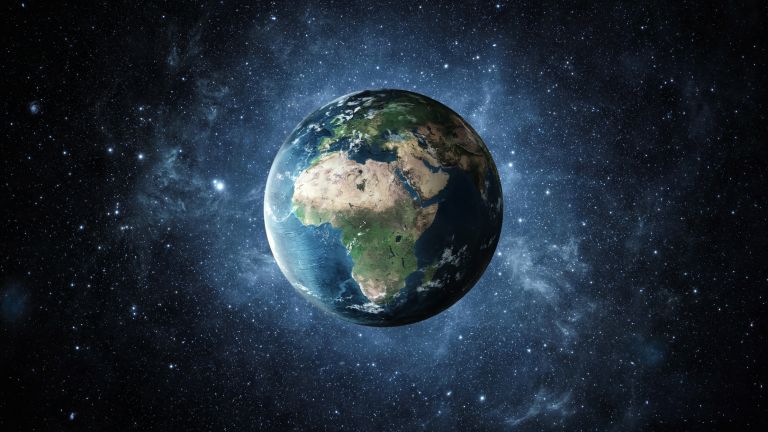The last 20 years have seen a “significant reduction in the reflectivity of our planet”
Scientists from the Institute of Technology in New Jersey, USA, point to an unexpected consequence of climate change. They have come to the conclusion that the Earth has become darker as energy is captured on the surface instead of being reflected in space, Geophysical Research Letters writes.
For decades, scientists have been observing light that is reflected from the Earth’s surface and falls on the moon, adds BTA.
The authors of the new study analyzed these data as well as the results of satellite observations. It turns out that the last 20 years have seen a “significant reduction in the Earth’s reflectivity,” or albedo.
At present, our planet reflects about half a watt less light per square meter than at the beginning of the century. In addition, the indicators have been relatively stable in the first 17 years, while a sharp decline of 50 percent has been reported in the last three years.
Scientists had hoped that warming would lead to more clouds. Their white surface effectively reflects sunlight back into space and therefore increases the albedo. In reality, however, the reverse process is clearly taking place. The clouds are getting smaller, the probability of reflecting light is also decreasing, as a result of which the planet darkens and heats up.
The average albedo on Earth should be 30-35 percent. To date, however, that figure has dropped to 29.5 percent.
The authors of the study were able to determine the cause of the anomaly. They found that the amount of bright and reflective low-lying clouds over the eastern Pacific Ocean decreased significantly during this period. This is the same area off the west coast of North and South America where sea surface temperatures have risen.
Scientists note that the Earth absorbs more heat than it returns to space. According to NASA, the energy imbalance on our planet has doubled from 2005 to 2019, which threatens global climate change in the near future.
–


